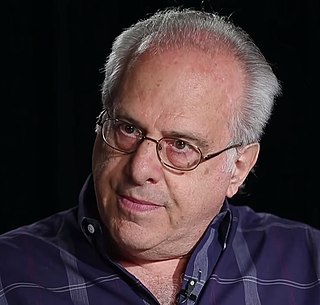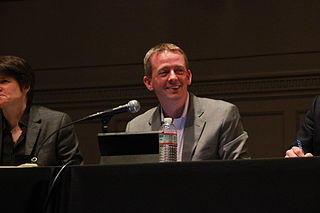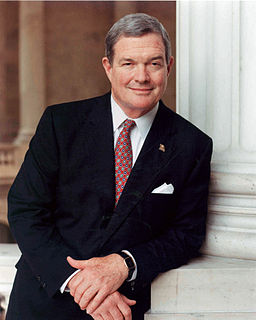A Quote by Linda Rottenberg
The first major issue you need to consider when focusing on today's workers: You have to know what motivates them. If you think it's primarily money, think again. The biggest single change in the workforce of the entrepreneurial age is the list of priorities workers bring to the job. Except paycheck there are new considerations: impact, freedom, quality of life. Employees today have higher expectations; they are looking for what I call "psychic equity". Make your workplace more entrepreneurial and flexible or find your workers fleeing to launch enterprises of their own.
Quote Topics
Again
Age
Biggest
Bring
Call
Change
Consider
Employees
Enterprises
Entrepreneurial
Equity
Except
Expectations
Find
First
Fleeing
Flexible
Focusing
Freedom
Higher
Impact
Issue
Job
Know
Launch
Life
List
Looking
Major
Make
Money
More
Motivates
Need
New
Own
Paycheck
Primarily
Priorities
Psychic
Quality
Quality Of Life
Single
Them
Think
Today
Workers
Workforce
Workplace
Your
Related Quotes
Today, entrepreneurs are at the forefront of a new era in which organizations put talent at the heart of their business models. And they have no choice. Having grown up surrounded by entrepreneurial freedoms, workers expect flexibility. They insist on collaboration. They demand meaning. Creating an environment that brings out the entrepreneurial instincts in your workforce - a worldview we might call "employeeship"- is key.
The welfare state is predicate don collecting money from today's workers in order to pay for those who paid in before them. But today's workers don't have enough money to sustain the scheme, and there are too few of them to do so. As a result, virtually every welfare state in Europe, and many American states, like California are going broke.
Products, profits, and paychecks are not enough anymore. These days, society cares how you treat your own workers. Customers want to know you promote the same values inside your walls as you do outside; job hunters want to know you care about them before they send in an application. Your culture is your brand. You need to create an organization where your employees believe in what you do.
The capitalist workplace is one of the most profoundly undemocratic institutions on the face of the Earth. Workers have no say over decisions affecting them. If workers sat on the board of directors of democratically operated self-managed enterprises, they wouldn't vote for the wildly unequal distribution of profits to benefit a few and for cutbacks for the many.
Union membership is not the sole guarantor of job security and a living wage, but nonunion factory workers do not enjoy the same protections as union workers. They're subject to exploitation, underpayment and lower standards of workplace safety - which is also often the case for manufacturing workers outside the United States.
We have seen numerous instances in which American businesses have brought in foreign skilled workers after having laid off skilled American workers, simply because they can get the foreign workers more cheaply. It has become a major means of circumventing the costs of paying skilled American workers or the costs of training them.
The federal government said today they've begun training sessions for airport security workers to provide what they call more customer satisfaction to the travels, they want to make it easier for us. They're instructing security guards to glance at your luggage tags so that they can call you by your first name. Isn't that creepy? The guy touching your wife, calling her by her first name.
I believe the principles and techniques in this book, Nonviolent Communication: A Language of Life, can literally change the world, but more importantly, they can change the quality of your life with your spouse, your children, your neighbors, your co-workers and everyone else you interact with. I cannot recommend it highly enough.

































